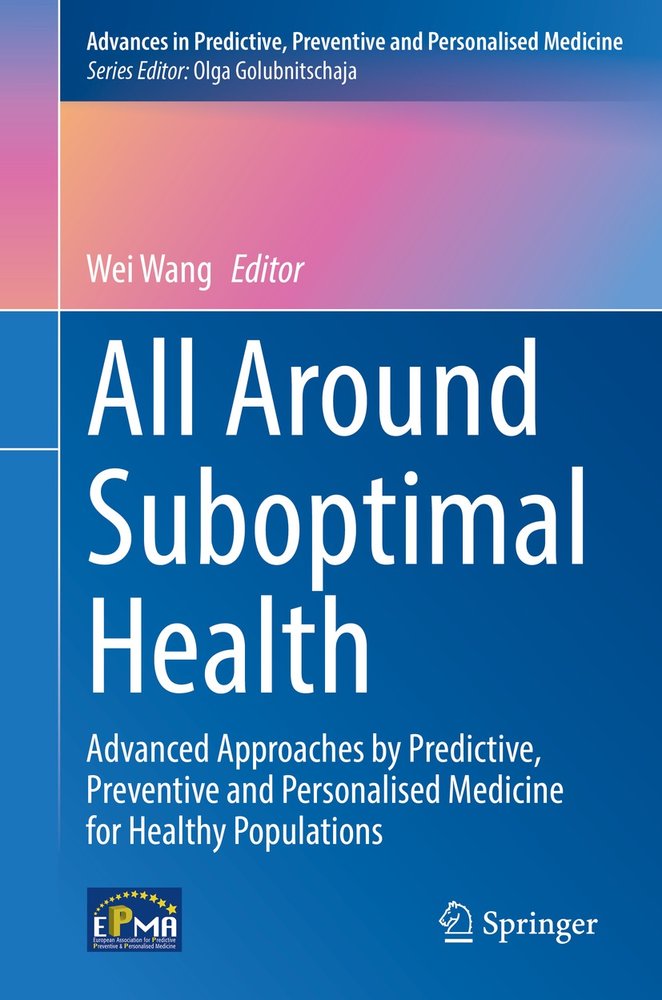Professor Wei Wang, âMD, PhD, FFPH, FRSB, FRSM, is Pro-Vice-Chancellor (China) at Edith Cowan University (ECU), Australia. He is also Professor of Public Health in the Centre for Precision Health ECU, Australia, and Chief Scientist, Insititute of Glycome Studies, Shantou University Medical College (SUMC), China.
Prior to joining ECU, Professor Wang was Vice Director-Research of Peking University-Hong Kong University of Sciences & Technology Medical Centre in Shenzhen, Vice Dean of School of Life Science, University of Chinese Academy of Sciences, and Dean of School of Public Health and Family Medicine, Capital Medical University, Beijing, China and Professor, Public Health, Edith Cowan University, Australia.
He has had an interest in forensic medicine and global health for almost 30 years. In addition to his role as Professor in the School of Medical and Health Sciences at ECU, Professor Wang is also the Chief Scientist, Insititute of Glycome Studies, SUMC, China, Adjunct Professor, School of Public Health, Shandong First Medical University (SFMU), China, and Director of the Beijing Municipal Key Laboratory-Centre of Excellence on Clinical Epidemiology, Capital Medical University (CMU), China.
His contributions to medical science include service as an executive member of the International Society of Translational Medicine, Membership of the Standing Committee of the International Association of Physiological Anthropology and Membership of the Expert Panel advising the WHO on its Grand Challenges in Genomics for Public Health in Developing Countries´. He was also a steering committee member of the OECD initiative on Public Health Genomics.
Professor Wang was the Foundation Chief Editor of the Journal of Family Medicine and Community Health (BMJ). Currently he is Associate Editor of EPMA Journal (Springer), and regional editor of Journal of Global Health (University of Edinburgh Press), OMICS: A Journal of Integrative Biology (Mary Ann Liebert), Journal of Human Hypertension (Nature Publishing Group), Clinical and Translational Medicine (Wiley), Engineering (CAE-Elsevier), and PloS ONE (PLoS).
Professor Wang holds the degrees of Doctor of Medicine from China Medical University and Doctor of Philosophy from Oita Medical University, Japan.
Professor Wang´s principal interests are in human genetics and global health, where he is a specialist in medical genetics, glycomics, population health, suboptimal health and paternity testing. He has published over 300 scientific papers in prestigious journals including Science, Nature Genetics and The Lancet.


